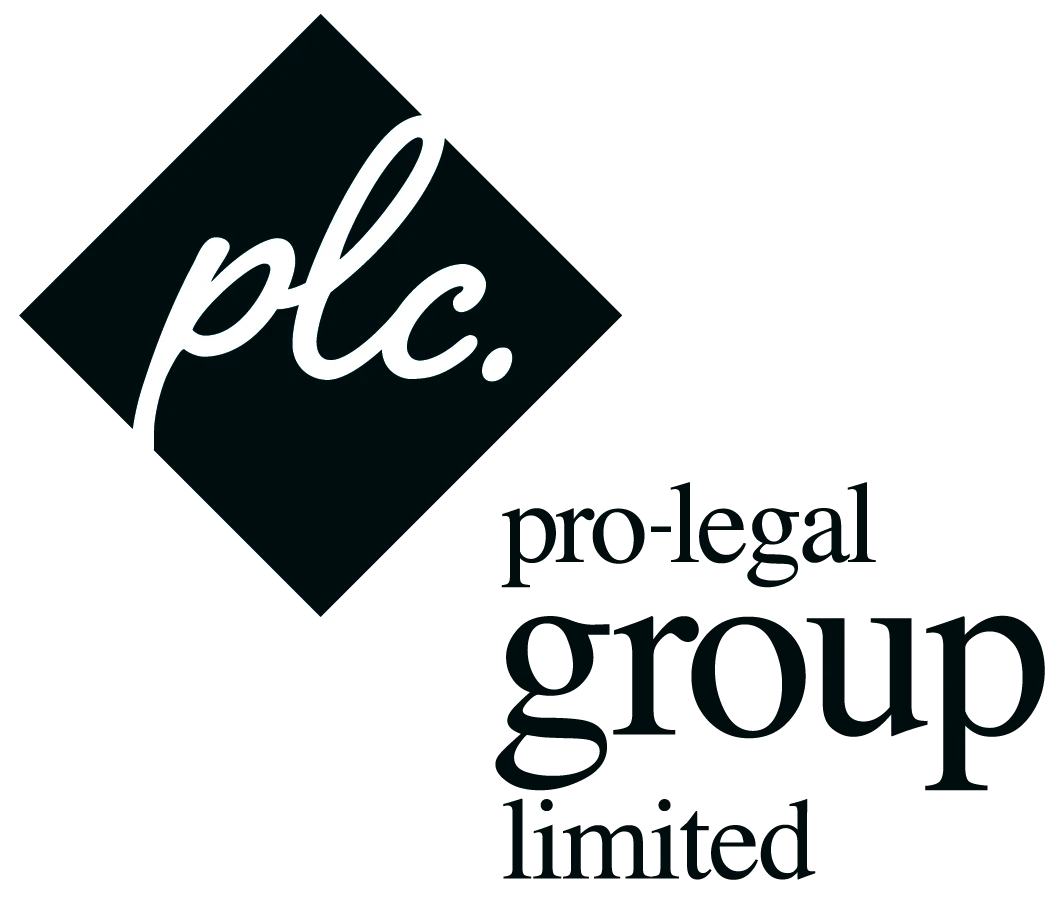
Success Through Compliance Masterclass
Are you a growing business grappling with compliance and tendering processes? The upcoming "Success Through Compliance Masterclass" is an event you can't afford to miss. Our masterclass is tailored for businesses facing challenges in remaining compliant, understanding...

Top 6 Benefits of Outsourcing Your Debt Recovery to Professional Legal Collections
Effective management of overdue accounts is essential, yet can be challenging. Outsourcing debt recovery to a specialised firm like ours can significantly benefit your business. Find out the top seven reasons why our expert debt recovery services are an invaluable...

Navigating the Challenges of Late Payments – A Guide for Business Owners
The balance between health, wealth, and happiness is often delicate for business owners. One significant factor that can disrupt this equilibrium is the issue of late payments. When clients delay or default on payments, it's not just business growth at stake; your...

Understanding the Limitation of Claims
It is essential to understand the timelines for pursuing a claim. The Professional Litigation Company believes in empowering our clients with knowledge. The backdrop of the 2023 Autumn Statement What is the Limitation of Claims?The Limitation of Claims refers to the...

Navigating the Complexities of Shareholder Disputes
Shareholder disputes are sadly quite common; if not managed and resolved effectively, these conflicts can significantly impact a company's operations and profitability. The backdrop of the 2023 Autumn Statement What are Shareholder Disputes?Shareholder disputes occur...

Handling Small-Scale Redundancies with Care
For any business, the decision to make even a small number of employees redundant is never taken lightly. It's a path fraught with emotional and legal complexities. This is why it becomes imperative to seek expert legal advice from the moment redundancies are...

Key Contractual Considerations for New Business Owners
Starting a new business is an exciting and challenging endeavour. It's a journey that requires an entrepreneurial spirit and a keen awareness of the legal landscape. A critical aspect of this journey is understanding the various contracts that will underpin your...

Understanding the Crucial Role of Articles of Association and Shareholders’ Agreements in UK Companies
Whether you've recently set up a company or did so in the past, two essential documents play a vital role in its operation: the Articles of Association and the Memorandum of Association. Understanding these documents is crucial for every company director and...

Mastering Project Management in the Tendering Process
Navigating the tendering process successfully is like conducting a symphony; it requires skill, precision, and impeccable timing. When it comes to tendering, effective project management is not just beneficial—it’s essential.The backdrop of the 2023 Autumn Statement...

Learning from Every Tender Submission
The tendering process doesn't end with submission or even with winning or losing. There's a goldmine of learning in every tender you undertake. This blog delves into the art of post-tender analysis and how it can pave the way for future success.The backdrop of the...
